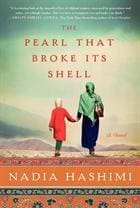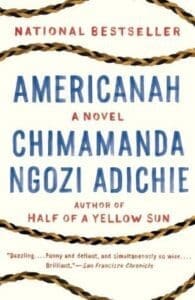The Mathematician’s Shiva – by Stuart Rojstaczer – 366 pages
Book Blurb:
Alexander “Sasha” Karnokovitch and his family would like to mourn the passing of his mother, Rachela, with modesty and dignity. But Rachela, a famous Polish émigré mathematician and professor at the University of Wisconsin, is rumored to have solved the million-dollar, Navier-Stokes Millennium Prize problem. Rumor also has it that she spitefully took the solution to her grave. To Sasha’s chagrin, a ragtag group of socially challenged mathematicians arrives in Madison and crashes the shiva, vowing to do whatever it takes to find the solution—even if it means prying up the floorboards for Rachela’s notes.
My Review: 3.5 stars
Click here to order on Amazon!
I admit from the start that I read this book based on the title first, its locale second, and the fact that it sat on the Barnes and Noble table with the sign that read Readers Around the World. I am definitely glad I read this book, however for me, the self proclaimed ‘word geek’, it was a little too ‘mathy’ (forgive me, fellow scrabble players for the made up word). The story behind this mystical, magical, mathematical equation in question was the part of the book I most enjoyed. The characters were quirky, brilliant and quick witted in their conversational tones. The author’s sense of humor was predominately expressed through Sasha, the main protagonist. I learned a lot about the upper echelon of academia and how it holds as much to revere as well as to dislike. Rachela, the character in which this book and mystery revolves, was quite likeable. Through her unrelenting hunger and horrendous years in a USSR labor camp, she is able to realize that it was due to these times that she began to see and understand math. This story touches on everything from being a prodigy, an immigrant, being Polish, Jewish, Russian or American, a spouse, parent, lover or friend, and of course the constant pull of what is public versus what is private, even in death. I applaud the author for bringing numbers and formulas to literary minds. I’m certain if I had more of a math mind, or liked math even a little tiny bit, I’d have perhaps enjoyed this book more.
Quotes I Liked:
This is what the war gave me, a life of the mind that would sustain me always.”
-“In our home, reading was more important than conversation. When there were no guests at night, sometimes the only noises you could hear were the creaking of chairs, the sipping of tea, and the almost silent sound of pages being turned.”
-“Mourning. Who can possibly be good at such an awful endeavor?”














